Europe well-poised to withstand upcoming Russian oil product sanctions: EU energy commissioner
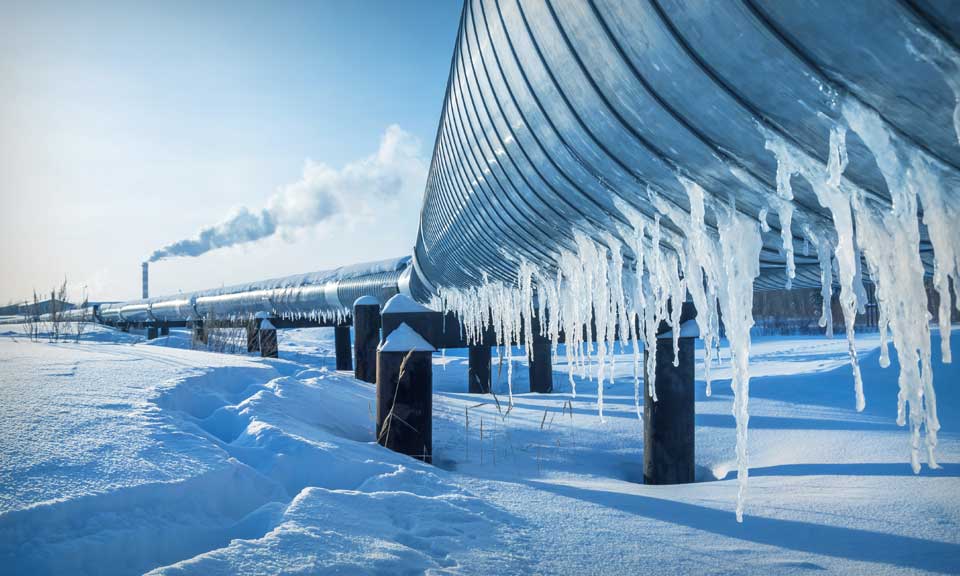
European and G7 countries have secured alternative fuel supplies and can draw on their strategic oil reserves to mitigate the impacts of the upcoming sanctions and price cap on Russian refined products, the EU's energy chief said Jan. 15.
The EU will impose a ban on imports of Russian diesel, jet fuel and other oil products starting Feb. 5, while the G7 also plans to implement price caps on those products, though exact levels are still being hashed out.
The measures are on top of a similar EU embargo and the G7's $60/b price cap on Russian crude oil shipments that came into effect Dec. 5.
"We believe that we gave sufficient time for our markets to react and find alternative supplies," EU energy commissioner Kadri Simpson told reporters on the sidelines of an industry conference in Abu Dhabi. "We have mapped all of those alternative supplies. We believe that we are prepared, and on top of that, we do have strategic oil reserves [which] gives us additional confidence."
The EU's 27 member states are required to hold 60 days or more of refined product inventories in storage.
Russia has been the EU's largest supplier of diesel, but Simson cited Kuwait's intent to boost diesel exports to Europe fivefold as an example of how the continent has successfully sought to diversify its fuel sources.
Bloomberg first reported the Kuwaiti plans Jan. 9, citing a person familiar with the matter, with state-owned Kuwait Petroleum Corp. set to ship 2.5 million mt of diesel, as well as double its exports of jet fuel to the EU to about 5 million mt.
Kuwait's oil ministry said Dec. 25 the country, which is ramping up operations at its new 615,000 b/d Al-Zour refinery, had made its first "winter grade" diesel shipment to Europe – a 66,000 mt cargo.
Simson declined to name any other potential new suppliers, saying the EU was itself not involved in these commercial negotiations.
In July, TotalEnergies signed a deal to import 300,000 mt of diesel from the UAE's Abu Dhabi National Oil Co. to cover potential supply shortages in France.
ADNOC is also boosting diesel supplies to Germany, after completing its first ever direct diesel delivery to Germany in September.
ADNOC has agreed to the terms with Germany's Wilhelm Hoyer GmbH & Co. on the supply of up to 250,000 mt of diesel per month in 2023.
Talks among G7 countries are still ongoing over what price levels to set the refined product caps, and Simson declined to reveal any details of the negotiations.
Nor would Amos Hochstein, the US' top energy envoy, who told reporters separately: "Feb. 5 is when the ban comes into place. We're in discussions ahead of that. We're going to work with everybody to make sure it works."
Both Simson and Hochstein were attending the Atlantic Council's Global Energy Forum.
The EU has also discussed imposing a price cap on Russian gas supplies.
In her remarks to the forum, Simson said the muted oil price reaction to the crude oil embargo and price cap indicates that the market was able to adapt.
Key Russian crude grade Urals has been trading well below the $60/b price cap, with Platts assessing the grade at $43.30/b on Jan. 13, according to S&P Global Commodity Insights data.
"We announced our sanctions already in June," Simson said. "We gave relatively reasonable time for our industry and member states for transitioning away from Russian shipments. The impact to our economy has not been significant."
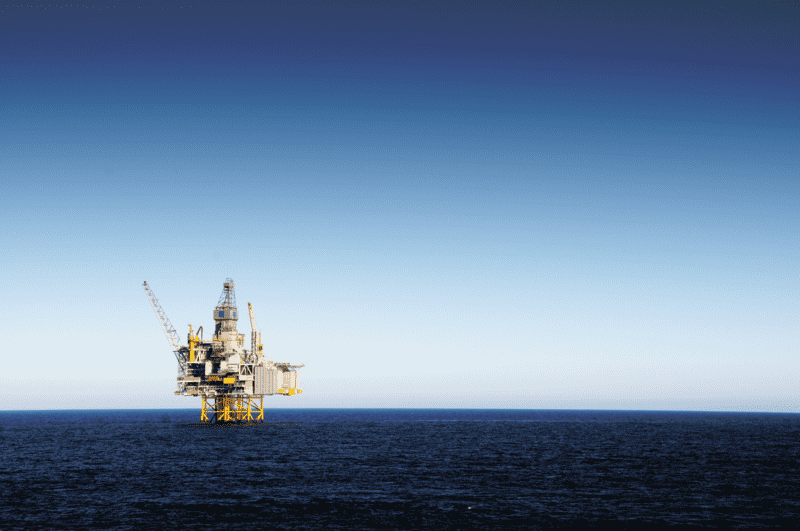
News
Eni is to combine its North Sea oil and gas business with upstream independent Ithaca Energy, majority-owned by Israel's Delek, in a deal set to give the Italian company a 37.3% stake in the "satellite" entity, the companies said late April 23. The deal, first publicly mooted in late March, follows quickly on from Eni's acquisition of London-based Neptune Energy in January, which included an operating stake in the UK's highest producing gas field, Cygnus. The combination should result in 2024 production of over 100,000 b/d of oil equivalent, with a roughly equal weighting between oil and gas, and the potential to reach 150,000 boe/d by the early-2030s, the companies said. The deal continues a strategy for Eni of creating "satellite" joint ventures offshore Norway and Angola, although Delek is expected to remain the largest shareholder in this instance, with a 52.7% stake upon completion. The deal excludes Eni's East Irish Sea and carbon capture and storage projects, with the Italian company remaining the primary investor in flagship government-backed CCS project HyNet North West. Ithaca produced just over 70,000 boe/d in 2023, of which 66% was oil, and had warned its production from the current business would drop to 56,000-61,000 boe/d this year, reflecting the cancellation of several new projects due to the UK tax regime. It has struggled to make headway with the major West of Shetland Cambo oil project -- previously the target of environmental protests -- after entering the project in April 2022 with the purchase of Siccar Point Energy. Eni had production of around 50,000 boe/d offshore the UK in 2023. "The Satellite Model is a strategic response to the challenges and opportunities of energy markets, creating focused and lean companies able to attract new capital to create value through operating and financial synergies and the acceleration of growth," Eni said. "The combination will allow Eni to continue pursuing its successful growth on the UK continental shelf, thereby strengthening its commitment to the UK." Ithaca Executive Chairman Gilad Myerson said: "The synergistic combination with Eni's highly cash-generative UK continental shelf portfolio has the ability to unlock our long-life organic growth opportunities, creating a combined entity with substantial scale and longevity." Expanded asset base The combined entity will have reserves and contingent resources of some 658 million barrels of oil equivalent, including stakes in 37 producing assets, among them six of the UK's 10 largest fields -- Rosebank, Cambo, Schiehallion, the Mariner area, the Elgin-Franklin complex and the J-Area, the companies said. Ithaca already held stakes in Elgin-Franklin and the J-Area, which are thus increased by the combination. Elgin-Franklin, operated by TotalEnergies, is a significant contributor of both gas to the UK and liquids sold under the Forties crude brand, while the J-Area, operated by Harbour Energy, contributes to Ekofisk crude loadings; Forties and Ekofisk are key grades in the Platts Dated Brent price assessment process. Platts is part of S&P Global Commodity Insights. Ithaca is also Equinor's partner in the Rosebank oil project under development in the West of Shetland area, which has similarities to Cambo, while the Equinor-led Mariner field contributes UK heavy crude oil. The combination entails issuing to Eni new Ithaca shares equivalent to 38.5% of the enlarged entity, with Delek selling 3% of the enlarged share capital to ensure 10% or more remains in public hands on the London Stock Exchange. Dated Brent was assessed at $88.73/b on April 23, up $1.18 on the day, while the month-ahead UK NBP gas contract was assessed by Platts at 71.35 p/th.
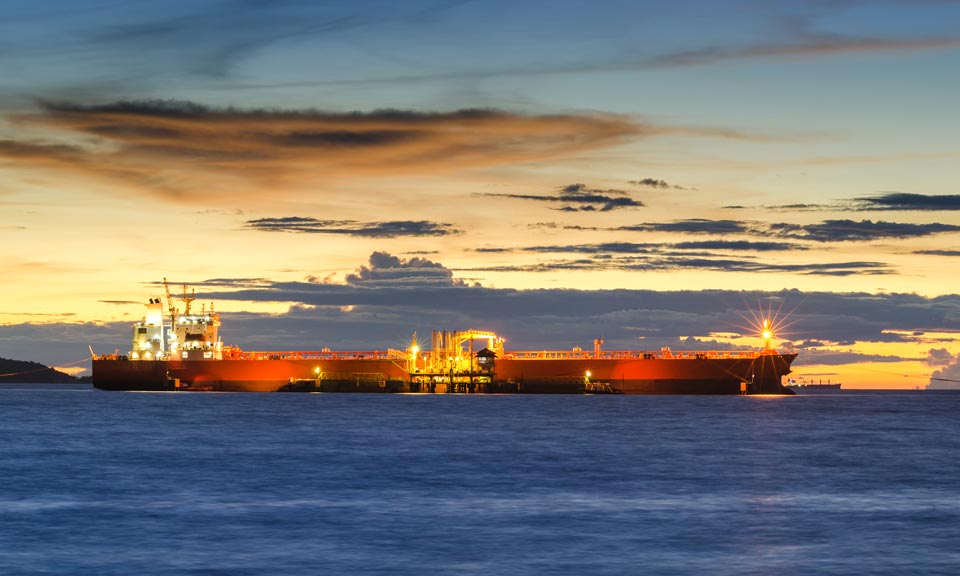
News
Russia, one of the world’s largest oil suppliers, has increasingly turned to non-Western firms to transport its crude to overseas buyers during its ongoing war with Ukraine . With a dual goal of undermining Russia’s war chest without creating significant disruptions to global supplies amid inflation pressure, G7 countries and their allies have banned tanker operators, insurers and other services firms from facilitating seaborne Russian crude exports unless the barrels are sold for no more than $60/b. The price cap regime, which came into force Dec. 5, 2022, does not directly cover tankers flagged, owned and operated by companies outside the G7, the EU, Australia, Switzerland and Norway, and not insured by Western protection and indemnity clubs. While such ships tend to be older and less maintained, their share in Russia’s crude exports market has been rising in recent months amid strengthening prices of Urals -- the OPEC+ member’s flagship crude grade -- and tightening sanctions enforcement by the West. Non-price-capped tankers have a larger market share in shipping Russia’s Pacific crude exports, according to analysis of S&P Global Commodities at Sea and Maritime Intelligence Risk Suite data. Crudes such as Sokol, Sakhalin Blend, and Eastern Siberia–Pacific Ocean grades are more often involved in these trades than Russian barrels from Baltic or Black Sea ports like Urals. Tanker operators in Greece, Europe’s top shipowning nation, managed to keep their traditionally strong market position in Russia in the first few months since the price cap took effect before giving ways to their peers in the UAE, Russia, China and Hong Kong. (Latest update: April 5, 2024)
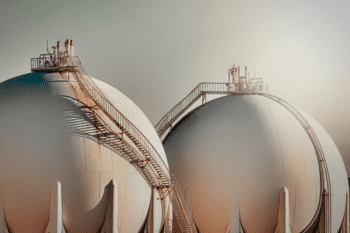
News
Recording changes to Russian oil exports and EU oil imports since the war in Ukraine Russia’s war in Ukraine has triggered a major upheaval in the global oil markets, forcing Moscow to find alternative buyers and Europe to source new supplies as Western sanctions seek to clamp down on Moscow’s vital oil revenues. With an EU embargo and the G7 price cap on Moscow's oil now fully in place, Russian seaborne crude exports have remained largely resilient as displaced volumes of its discounted oil flow East. Russian oil product exports have also mostly held up with new buyers in Africa absorbing Russian diesel and other fuels now banned from Europe. (Latest update: April 3, 2024)
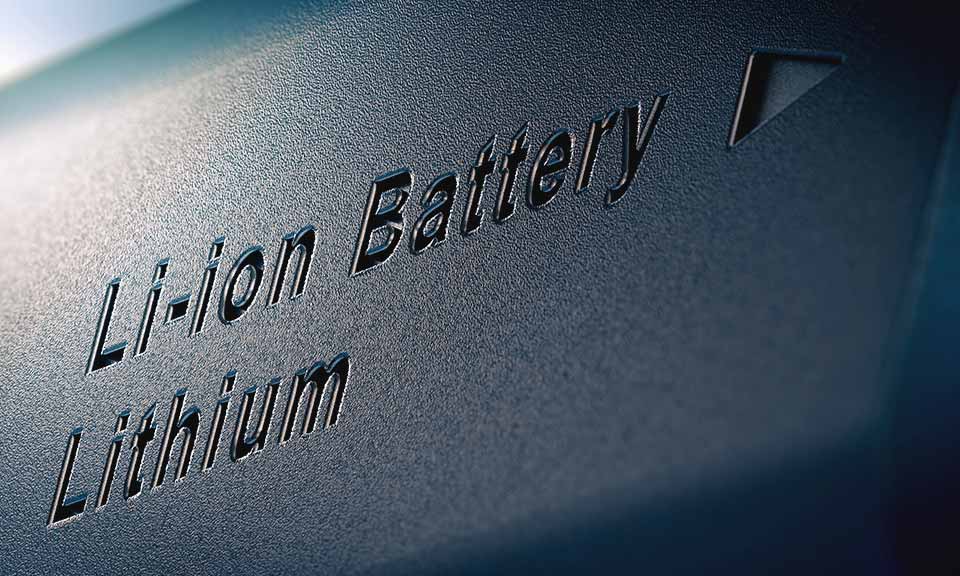
News
Initiative driven by demand for batteries from vehicles, energy storage IOC aims to be carbon-free by 2046 Tie-up comes as India supports NEV buildup Japan's Panasonic Energy and state-run Indian Oil Corp aim to finalize details for a joint-venture to manufacture cylindrical lithium-ion batteries in India as early as June to September, the Japanese battery maker said April 1. Both companies will engage in "a feasibility study regarding the utilization of battery technology to facilitate the transition to clean energy in India," Panasonic said, and have signed a binding term sheet with details to emerge "by the summer of this year." The initiative by the companies "is driven by the anticipated expansion of demand for batteries for two- and three-wheel vehicles and energy storage systems in the Indian market", it said. The collaboration comes as India takes steps to build up infrastructure for manufacturing and supporting new energy vehicles, especially in its interim budget for 2024-25. Following the budget announcement, Chinese automaker SAIC Motor and India's JSW Group plan to install a production capacity of 200,000 vehicles/year in India, focusing on NEVs, with ramping up to start from the end of 2024. In China, NEV is a term used to designate automobiles that are fully or predominantly powered by electricity and include battery electric vehicles as well as plug-in hybrid EVs and fuel cell EVs. IOC's tie-up with Panasonic will support the energy company's goals to be a zero-carbon emitter by 2046. India's lithium-ion battery manufacturing industry is expected to grow at a compound annual growth rate of 50% from 20 GWh in 2022 to 220 GWh by 2030, data from the India Brand Equity Foundation showed. Platts assessed prices for battery grade lithium carbonate at $14,350/mt CIF North Asia March 28, flat from the previous session, S&P Global Commodity Insights data showed, while lithium hydroxide stood at $14,000/mt CIF North Asia, also unchanged from the session before. Platts Connect: News & Insights (spglobal.com)